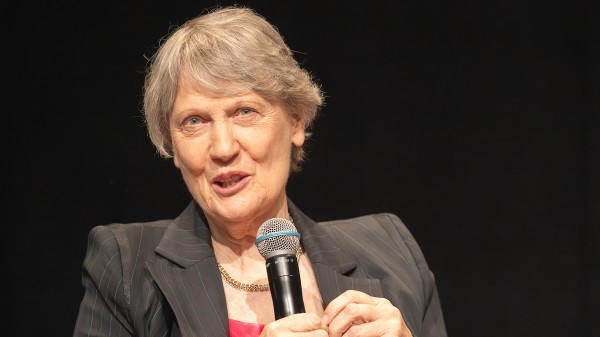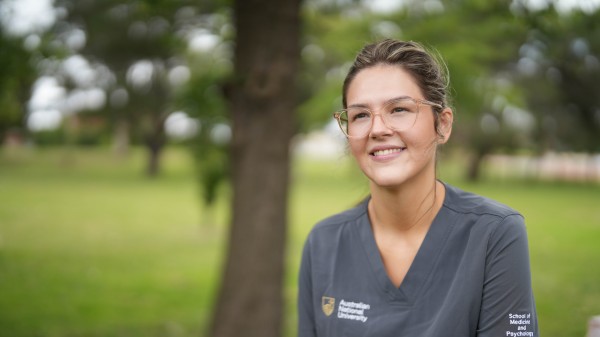Child's play changing lives
Looking at the exaggerated expressions on the faces of the dolls in Associate Professor Richard O’Kearney’s lab, it’s hard to imagine that anyone could have difficulty reading the emotions behind them.
Or that these dolls could lead to social change.
For Associate Professor O’Kearney, from the ANU Research School of Psychology, the dolls are an important tool in his research on children with disruptive behaviour.
“There are a series of tests you can do using these dolls to assess knowledge about emotions, recognising different emotions and their causes,” he explains.
“Many of the children I’m studying have low prosocial skills.
“They find it difficult to learn and understand feelings like guilt, so as a result they find it difficult to inhibit their hostile behaviour to other children.
“It’s believed these kids don’t attend to faces as well as others.
“They end up not being able to read emotions well because they’re not attending to the important cues in a face, like the eyes in particular.
“When you get them to start attending to these cues, you can actually start to improve their capacity to recognise emotions.”
It seems like a simple change, but the results of studying and trying to manage the behaviour of children with low prosocial skills can have far-reaching consequences.
“Parents can be really struggling with these kids, and many of them are what we call ‘early starting’ in terms of persistent disruptive and non-compliant behaviours, which can progress to antisocial outcomes such as delinquency.
“We believe we can have a social impact if the link between their behaviour and their knowledge of emotions is better understood.”
Associate Professor O’Kearney’s study is an example of the research projects on offer to students in the Masters and PhD programs in clinical psychology.
“Students can collect their own data, or use existing data, such as ours from this study.
“For example, we have a PhD student who will be using the sessions we recorded with parents and children to look at the prosody of their vocal exchanges to see if they have difficulty attuning to one another’s interactions.
“There’s some really interesting research coming out of our postgraduate programs.
“We’re lucky to have small classes, so we can really nurture our students.”
The ANU Research School of Psychology is ranked 26th in the world and is rising in its reputation. We conduct world-class research into behaviour, emotions, human factors, perception, the brain and the thinking mind that impacts on applications in areas such as wellbeing, the management of chronic illness, understanding and treating mental health, forensic psychology, ageing, learning and development, social cohesion, climate change attitudes, human resources and organisational performance.
Our students receive the best education from leading researchers, are provided with great support due to the size of our intake, have access to international linkages, and are at the head of employability.













